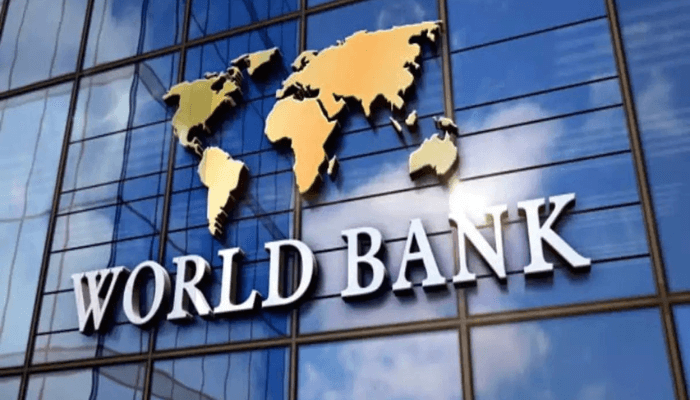The World Bank has criticized the lack of transparency by the Nigeria National Petroleum Corporation Limited (NNPCL) regarding the financial gains from fuel subsidy removal.
The World Bank, in its Nigeria Development Update, December 2023 edition, raised concerns about the lack of clarity on oil revenues, subsidy arrears deductions, and the impact of subsidy removal on federation revenues.
According to the World Bank, nominal oil revenue gains have been visible since June, mainly categorized as “exchange rate gains” due to the depreciation of the naira.
However, the institution emphasized the need for transparency regarding oil revenues, especially the financial gains of the NNPCL from subsidy removal and the impact on federation revenues.
Related News: JUST IN: Tinubu Appoints Board and Management Team for NNPC Limited
The World Bank noted that the gains in net oil revenue were lower than expected after the removal of the fuel subsidy, and there is a risk that the implicit fuel subsidy may have reemerged, keeping net oil revenues lower than expected.
The institution highlighted the importance of clarity in oil revenues and fiscal benefits from the PMS subsidy reforms.
It also mentioned that the reform of fuel subsidy should enable the NNPCL to settle arrears and contribute to the Federation’s share of costs in joint venture operations, allowing oil production to gradually increase over time.
In response to these concerns, the Minister of Finance and Coordinating Minister of Economy, Wale Edun, stated that the government was ready to scrutinize the revenue flow from the NNPCL.
He emphasized the need for additional scrutiny, especially as the removal of fuel subsidy was expected to bring fiscal dividends.
The World Bank’s report also highlighted the slow growth, rising inflation, and increasing poverty rates in Nigeria.
It acknowledged the recent reforms but suggested that these reforms would only marginally and slowly reverse the increases in poverty from 2024 onward.
The successful implementation of the initiated reforms was seen as the first step toward improving Nigeria’s growth prospects, boosting investment, and unlocking stronger economic growth.
You can also read: CBN Mandates Financial Institutions to Display Business Names Online, Others


